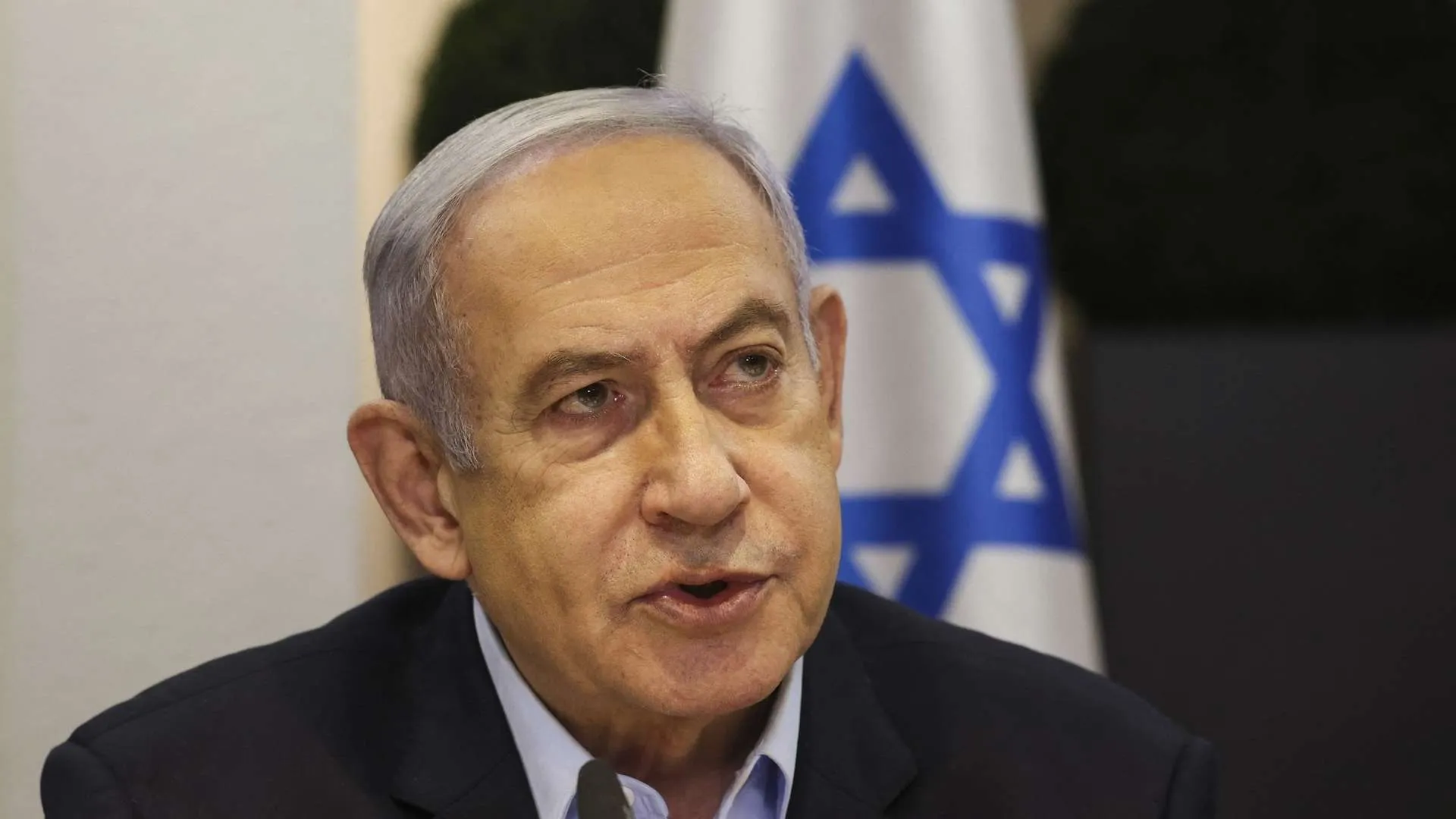In a major development, the United States Supreme Court has rejected an “emergency application” filed by 26/11 Mumbai terror attack accused Tahawwur Rana, opposing his extradition to India. Rana, a Canadian citizen of Pakistani origin, argued that he would face torture in India due to his background and alleged role in the 2008 attacks that killed 166 people.
US Supreme Court Rejects Tahawwur Rana’s Plea
Rana had submitted an “Emergency Application for Stay” to the Associate Justice of the Supreme Court of the United States and Circuit Justice for the Ninth Circuit. He contended that his extradition violates US law and the United Nations Convention Against Torture, citing “substantial grounds” that he would be at risk of torture in India.
His petition emphasized that the “likelihood of torture” is heightened as he is a “Muslim of Pakistani origin charged in the Mumbai attacks.” Additionally, he argued that his severe medical conditions make extradition a “de facto death sentence,” citing a history of heart attacks, Parkinson’s disease, chronic kidney disease, bladder cancer suspicion, chronic asthma, and multiple COVID-19 infections.
Rana’s Links to 26/11 Attacks and David Headley
Tahawwur Rana, 64, is a close associate of Pakistani-American terrorist David Coleman Headley, one of the main conspirators behind the Mumbai attacks. The attacks, carried out on November 26, 2008, targeted eight locations in South Mumbai, resulting in a three-day siege and the deaths of 166 people.
Rana is currently lodged at a metropolitan detention center in Los Angeles. His connections with Headley, who played a key role in planning the attacks, have placed him at the center of the legal battle for extradition.
Political Implications of the US Decision
The US Supreme Court’s rejection of Rana’s plea follows weeks after Indian Prime Minister Narendra Modi’s meeting with US President Donald Trump in Washington. During the meeting, Trump affirmed the extradition of “very evil” Rana to India to face justice for his involvement in the 26/11 attacks.
With the legal hurdles in the US now cleared, India is expected to move forward with the extradition process, bringing Rana closer to trial on Indian soil. This marks a crucial step in India’s pursuit of justice for the victims of one of its deadliest terror attacks.
What’s Next for Tahawwur Rana?
Rana, through his legal representatives, argued that if his extradition is not halted, “there will be no review at all, and the US courts will lose jurisdiction, and the petitioner will soon be dead.” However, with his plea rejected, India is set to secure his extradition, a move that is likely to bolster its fight against cross-border terrorism.
As the extradition process moves ahead, all eyes will be on how Indian authorities handle the high-profile case and whether it brings closure to the victims and their families after over 16 years of waiting for justice.






















